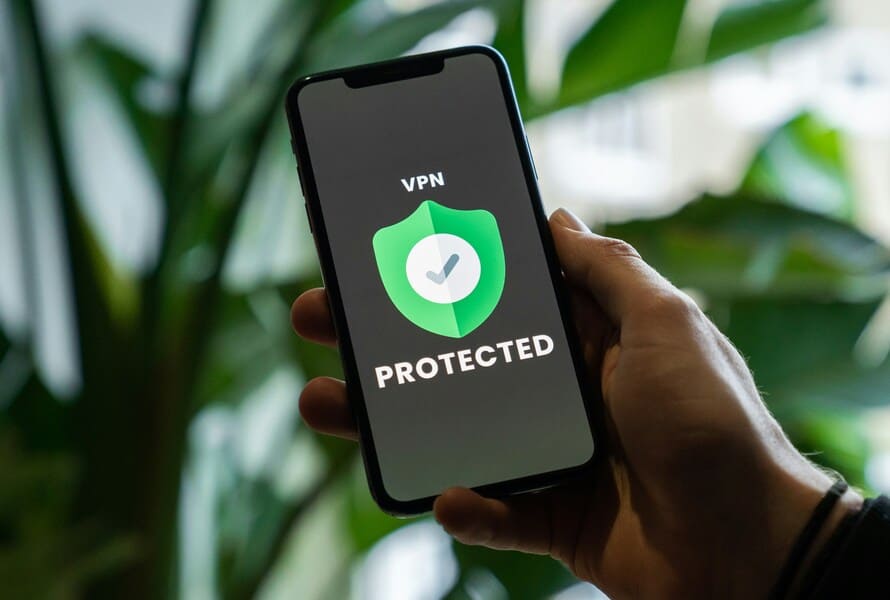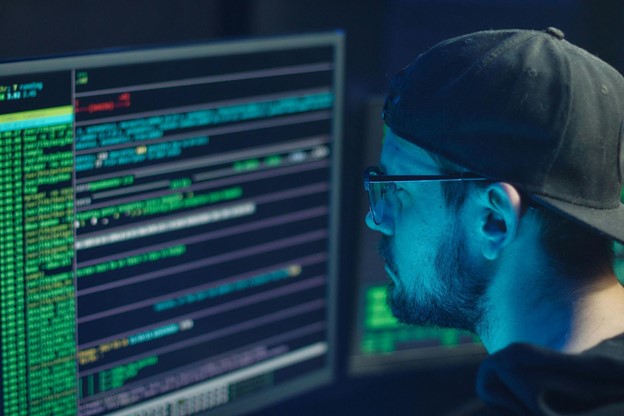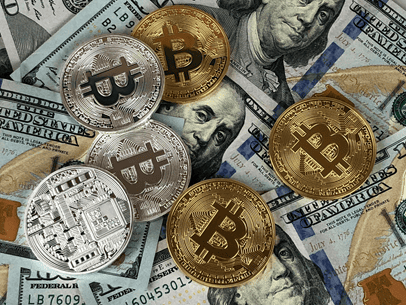
Is a VPN Enough? Other Ways to Stay Safer and More Private Online
VPNs have gone from tech-geek tools to mainstream must-haves—it’s now common to install one on a new device. Whether working in cafés, streaming global content, or avoiding online tracking, VPNs offer useful privacy. But they’re not enough alone. A VPN hides your IP and encrypts traffic, but it won’t block trackers, stop apps from collecting data, or protect against phishing. For stronger protection, pair it with a private browser like Brave, turn off third-party cookies, and use encrypted messaging apps for sensitive chats.
Privacy and Crypto Activity
Let’s take crypto use as an example. Whether you’re into trading, holding, or mining, protecting your wallet credentials and transaction data is critical. The stakes are higher when platforms are decentralized or use smart contracts, where bad actors are constantly looking for weak points. This is especially true with online crypto casinos, where privacy is part of the appeal and the experience. The U.S. online gambling market, which includes casinos, poker, lotteries, and crypto platforms, was valued at $12.68 billion in 2024. It’s mostly driven by rising demand for mobile access, decentralized betting, and digital payment flexibility. When participating in token-based gaming environments, privacy protection becomes more than just about security. It’s about access, anonymity, and freedom of movement (source: https://coinpoker.com/online-casino/). These spaces offer fast, low-fee transactions and let users engage without traditional financial oversight across thousands of games that often come with generous bonuses, but that only works well when users take their own privacy seriously. VPNs play a role here, but they’re just one tool among many. Cold wallets, browser fingerprint blockers, and secure operating systems like Tails or Qubes OS can provide extra layers of defense in this space.
Streaming Isn’t Fully Private Either
Streaming habits are another area where relying solely on a VPN won’t cut it. While you might be able to unlock a foreign Netflix library or access live sports from another country, services are getting better at detecting and blocking VPNs. That means you’ll still need a rotating IP pool, dedicated servers, or in some cases, a whole separate browser setup just to avoid getting blocked. If you’re signed into your account with your real details, even the most robust VPN won’t hide your watch history or preferences from the platform itself. Try creating separate browser profiles for different streaming platforms and using privacy extensions to block trackers that can follow you across services.
The same issue shows up with search engines, social media platforms, and shopping sites. If you’re logged in, your actions are still being tracked, VPN or not. The connection is private, but your behavior is still visible to the service. What you need instead is a layered approach. Using privacy-focused browsers like Brave or Tor, installing tracker blockers, isolating your activity into different browser profiles, and switching to encrypted DNS all help keep things more separate. Also, think about using privacy-focused search engines like DuckDuckGo or Startpage instead of Google for day-to-day searches.
Even your behavior plays a role. Lots of users slip up by using the same usernames or email addresses across multiple accounts. They let browsers remember passwords or skip software updates for months. If someone really wants to track you, these patterns are where they’ll start.
Remote Work Tends to Complicate Things
Remote work adds another layer of complexity. Many people assume that their employer-issued VPN covers everything. Company VPNs are designed to protect internal data and control access, not to keep your personal browsing habits private. That’s why it’s smart to run your own VPN when you’re off the clock. Keep work and personal activity separated, not just by tab, but by connection and device when possible. It helps to use a dedicated device for work, or at the very least, create a separate user account with its own browser and apps.
The truth is, the internet isn’t built for privacy. It was designed for openness, access, and connection. Every tool that promises to help you hide is really just patching a system that shares by default. VPNs are a good start. They give you privacy at the network level, stopping your internet provider from seeing your traffic and making it harder for sites to pinpoint your location. Hiding your IP address is useful, especially on public Wi-Fi or in countries with heavy restrictions. Once you’ve logged into an app, clicked through a few ads, or opened a cookie-laden website, the rest of your activity is back in the open.
Conclusion
So is a VPN worth having? Definitely. Just don’t expect it to solve everything. If privacy and security are important to you, and they should be, then you’ll want to think bigger. Combine VPNs with private browsers, cookie blockers, smart passwords, and regular cleanups. Stop reusing logins. Avoid staying logged in to personal accounts all day long. Be more selective with what you sign up for, and what permissions you hand over.





